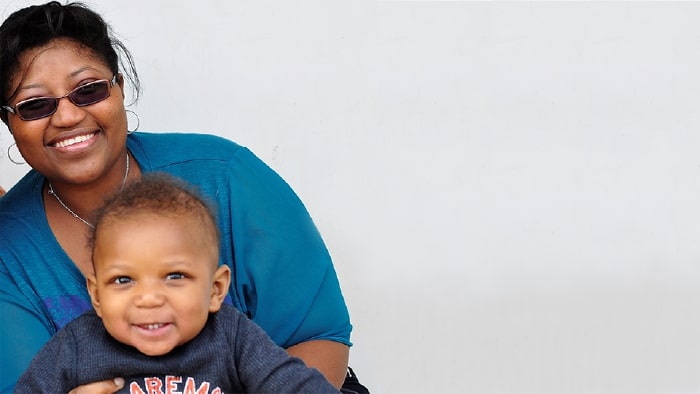Jan, 2021 by Philips Healthcare
Reading time: 3-4 minutes
Allies in education and action: addressing health inequity through scientific innovation for change
Access to quality healthcare should be a right, not a privilege. Yet the realities unmasked by the pandemic, and other recent consciousness-raising events, paint a very different picture - a picture the National Minority Quality Forum (NMQF) has been relentlessly working to change for more than two decades. At the heart of the organization, NMQF is laser focused on one thing: ensuring that high-risk racial and ethnic populations and communities receive optimal healthcare. Philips is partnering with NMQF to help deliver on this effort.

Since its inception, NMQF has amassed more than five billion patient records and has analyzed and used the data to define disease prevalence, costs and outcomes for key demographics and geographies. This evidence-based approach has been used to address numerous disease areas including diabetes, cancer, sickle cell disease, HIV/AIDS, multiple sclerosis and cardiovascular diseases. By identifying specific areas of need, NMQF provides a cohort of healthcare providers, professionals, administrators, researchers, policymakers and community and faith-based organizations with research and analysis intended to lead to the organization and management of critical resources.

NMQF takes a multipronged approach to serve its mission that includes educational programs, a national health index, research and community-based programs. Two impactful and ongoing elements are its advocacy programs and annual summit on healthcare disparities. The organization has suggested policy and practice changes to improve equity in access to high-quality cancer care, is a key driver on the Health Equity and Accountability Act and supported former President Barack Obama’s Cancer Moonshot by offering its data that identifies racial and ethnic disparities in cancer prevalence to over 30,000 users at no cost. Philips aims to improve the lives of 2.5 billion people a year by 2030, including 400 million people in underserved communities. With a shared passion for ensuring equitable delivery of healthcare, the organizations together can broker meaningful dialogue to help address challenges resulting from health disparities faced by individuals and communities.
The National Minority Quality Forum applauds Philips’ goal to improve the lives of those in most need. I look forward to our partnership and working with community leaders, policy makers and healthcare advocates to build sustainable healthy communities.
Gary A. Puckrein, PhD
President and CEO of NMQF

Partnerships and collaborations are the lifeblood of the organization and its important work, which is why Philips is supporting the organization’s mission. Philips was proud to serve as the prime sponsor of the 19th Annual NMQF Leadership Summit on Health Disparities and Spring Health Braintrust. The three-day virtual event with the theme Racism Makes Me Sick! focused on how policies have contributed to sickness, disease and inequitable healthcare, and featured thought leaders across the healthcare community. Philips support of NMQF will extend well beyond the Leadership Summit to additional initiatives such as community health clinics in four major U.S. cities, a policy briefing with congressional staffers on health disparities and a working group on maternal mortality, which is one of the primary health disparity focus areas for Philips. If you are interested in eliminating healthcare disparities and supporting NMQF’s efforts, please visit www.nmqf.org.
Share this article
To learn more about our work addressing health disparities, please contact:
healthequity@philips.com
Sign up to receive news and updates from Philips.


